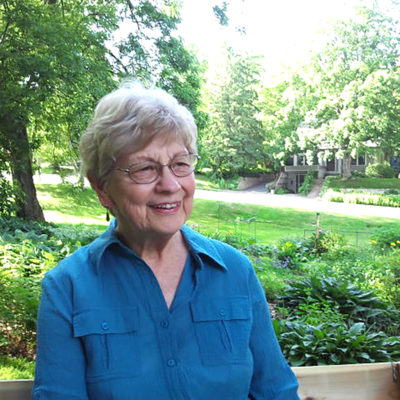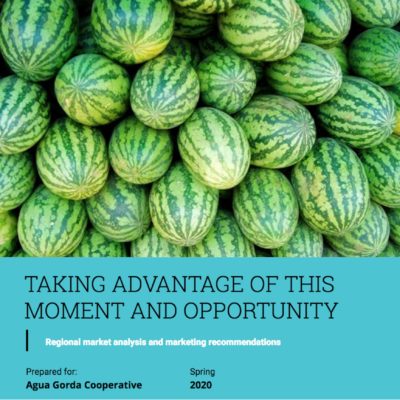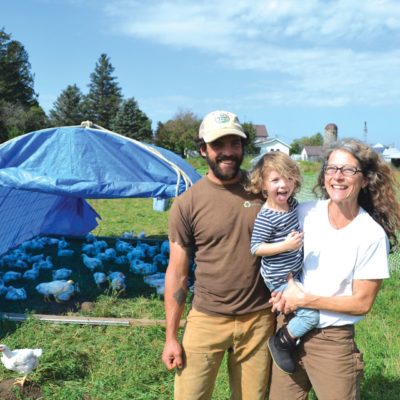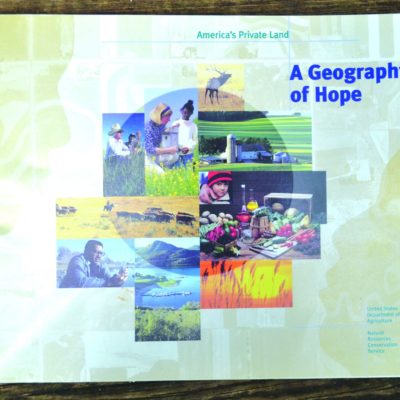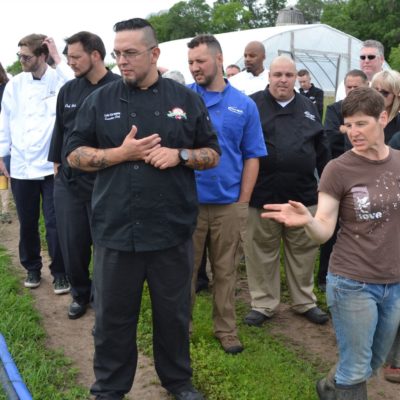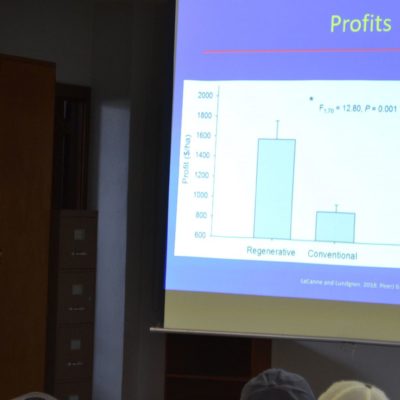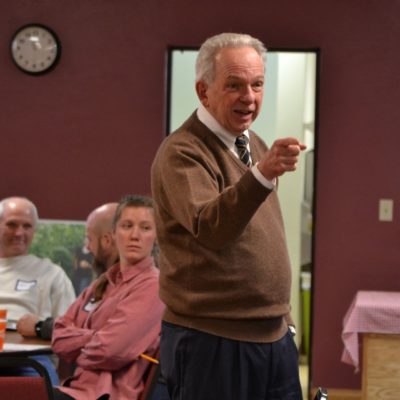Ear to the Ground No. 247: A Raw Deal on Farmland
Hannah Bernhardt and Jason Misik couldn’t afford prime farmland brimming with infrastructure. But sweat equity and soil health are helping them transform a marginal piece of ground far from Corn Country.
